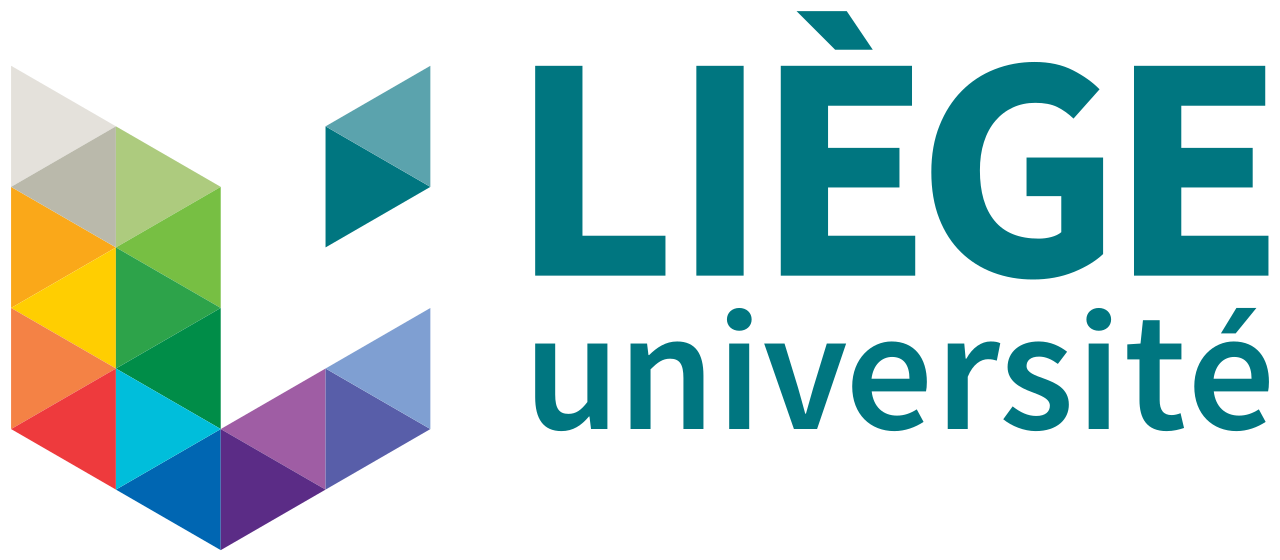
The University of Liege is a public university of about 24.000 students and 3500 researchers located in the French speaking part of Belgium. ULiege develops teaching and research in all disciplines and is associated to the University hospital. The university also contributes strongly to regional development through research with companies and created 134 spin offs. Uliege is ranked 319 in QS, with higher scores in Psychology and veterinary medicine. Strengths research areas are in oceanography (centre in Corsica), astrophysics (telescopes in India, Mexico), space sciences (Test centre for ESA), genomics and proteomics, material sciences. Key figures are given on: https://www.uliege.be/cms/c_9038278/en/key-figures
ULiege is strongly involved in the European Euraxess initiatives: Euraxess mobility services since 2005, HRS4R awarded in 2011, Scientific visa habilitated from 2011, Career Development Centre since 2015. ULiege developed an institutional strategy in which the HRS4R strategy for researchers implementing the European Charter and Code is strongly embedded (https://www.recherche.uliege.be/cms/c_9263814/en/hr-excellence ). ULiege was awarded HRS4R in 2011 and was renewed in Jan. 2018 for the next 3 years. Many actions were developed in order to improve the working conditions of the researchers and to enable them to develop their career: personal support, training, skills programmes, etc. An annual agenda for training is available for free to all the researchers (from PhD to full professors). Most of the trainings are given by internal trainers in order to made it sustainable.
ULiege is well recognised for its full support to Open Access, thanks to the former Rector Bernard Rentier. The University developed very early an institutional repository, known as the “Liege Model”.
ULiege participated to many structuring programmes and projects in the topic of this project. Every year, ULiege organised an Erasmus Staff training for enabling university staff from all over Europe to be trained on HRS4R and Open Science (ie, 2018 Programme: https://www.enseignement.uliege.be/cms/c_9145525/en/erasmus-staff-training
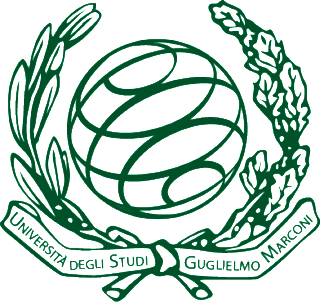
Università degli Studi Guglielmo Marconi USGM is the 1° Athenaeum in IT following the Open University model, established in 2004 by the Ministry of University & Research. More than 16.000 students are enrolled in 6 Schools: Business, Law, Political Sciences, Applied Sciences &Technologies, Arts, Education Science. USGM has 232 employees and more than 260 professors/researchers.
USGM adopts innovating learning modalities and the advanced technological learning solutions by integrating non residential communication means (e-learning, chat, forum, videoconference, etc.) with seminar activities. The main virtual environment for contents delivering is Virtual C@Mpus Platform, an Integrated Multimodal System which includes different tools such as mobile/mp3 players, PC, e-book, TV, serious games (web TV Marconi Channel).
USGM founded in 2005, GUIDE Association www.guideassociation.org with the aim to develop international cooperation and distance learning worldwide. Currently, 151 members, among which private and public universities as well as research centers, coming from 64 different countries have joined the GUIDE network. GUIDE has two international journals: FormaMente and Digital Universities.
Design. The R&D Department has extensive experience as in various National/EU projects in terms of managing, developing new methodologies and e-learning solutions. Relevant Erasmus+ projects: DISCOVER Developing Innovative Science Outreach for Vocational Education to Encourage STEM Careers and Education; ISE - INSPIRING SCIENCE EDUCATION Large Scale Experimentation Scenarios to Mainstream eLearning in Science, Mathematics and Technology in Primary and Secondary Schools; TALETE project which aimed at training teachers to teach Maths through innovative LEarning approach and contents; START project, which uses virtual worlds to teach street art, SEEP project, which launches an European Network of educational providers to promote co-operation and innovation in secondary school science education.
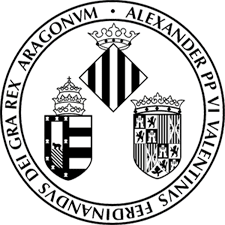
The Universitat de València is now one of the largest, oldest and most diverse universities in Spain. it has become a modern European university opened to almost every branch of knowledge.
The Universitat de València has 45,800 degree and 8,600 postgraduate students, over 3,300 teachers and researchers, who make up 90 departments, 17 institutes and other research units, supported by over 1,700 administration and service staff. Along with the human resources, the magnitude of its facilities and the available up-to-date instrumental equipment guarantee the quality of a vast scientific and technologic offer to the service of society.
The Universitat de València is recognized as one of the most outstanding Spanish universities in both national and international rankings. It produces 63 % of the indexed references of all Valencian Region universities and ranks third among Spanish universities in indexed scientific production. More than 300 PhD theses are presented every year in the framework of 110 PhD programs, 31 of which have obtained the special Quality Award given by the Spanish Education Ministry. At last, its increasing research budget, over € 52 million, is an indicator of the scientific and technological capabilities of the University of Valencia.
La Universitat de València develops mobility activities for a large number of students and academic staff. International programmes management is developed from interuniversity cooperation, development cooperation and research points of view. In fact, the number of international mobilities is 3328 for undergraduate students, 446 for master and 78 for doctorate students.
The Universitat de València has experience in the development and management of more than 150 European Projects under the following frameworks: the RTD European (I to VII) Framework Programmes, HORIZON 2020, Lifelong Learning Programme (Erasmus, Socrates, Leonardo) and Erasmus+, acting both as a coordinator and partner institution.
As for international networks integration, at present, the University is member of important associations such as EUA (European Association for Universities), Asociación Universitaria Iberoamericana de Postgrado, CUM (Mediterranean University Comunities), EAIE (European Association for International Education), Utrecht Network, Lluís Vives Network, College Des Hautes Etudes Europeennes “Miguel Servet”, among others.
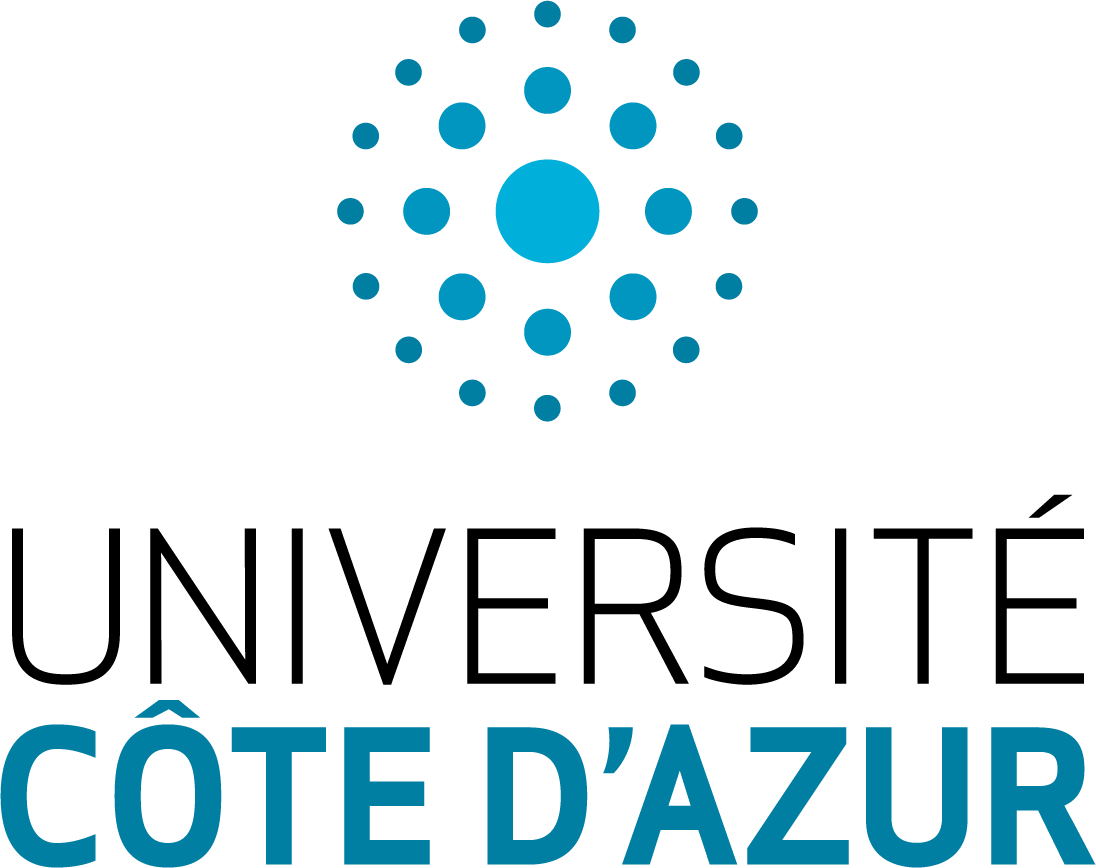
Universite Cote d’Azur located on the French Riviera, was founded in 2015 and groups together the major institutions of higher education and research of the Nice area (France), including the University of Nice Sophia Antipolis (UNS), SKEMA Business School and 11 other members. The UNS, the biggest member of UCA, was officially founded in 1965. It is one of the best multidisciplinary universities in France and ranked 1st for Life Science. Currently, about 30 000 students, including 20% foreign students, are enrolled in undergraduate, graduate and doctorate programs offered by UCA members. Researchers are hosted in one of the 45 UCA laboratories.
UCA has been granted by the French government a competitive Excellence Programme (IDEX). In the field of Life Science, UCA has brought up a dynamic network of research laboratories in Nice and Sophia Antipolis, including the University Hospital Center (CHU). With state of the art research in pharmacology, signalling, membrane transport, psychiatric disorders, adaptation, evolution, and development, this work directly involves important questions related to public health (cancer, pathologies, metabolic inflammatory disorders, biocontrol, plant resistance, ecological management of agrosystems). Half of the researchers are located in best ranked laboratories (A+/A), which hosts renowned personalities (2 gold medals, 20 silver medals and 41 bronze medals from the CNRS; 12 members of the Academy of Sciences; 19 ERC-granted PIs; 19 members of the IUF in 2015; ranking second after Paris in the Academy of Sciences Prizes in 2013 and 2014)
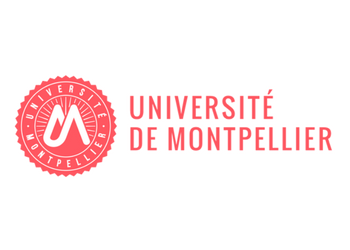
Université de Montpellier (UM) is a research‐intensive university where education and research cover most of the Scientific and Technological fields. UM gathers around 43,000 students and 4,618 staff with an overall budget of 385 million euros. Studies are organized into three fields: Fundamental and Applied Sciences, Human and Social Sciences (Law, Economy) and Health studies. Research is structured into 76 laboratories most of which are in partnership with well‐recognized French research organizations such as
CNRS, IRD, INRA or CIRAD. On the innovation front, UM is linked to 8 Competitiveness Clusters in the Languedoc Roussillon Region. These clusters include enterprises, training centers, laboratories (public or private) and aim at creating new collaborations and projects for better competitiveness on an international level. At the international level, UM stands as one of the most attractive universities in France with around 6,500 international students (1 out of 6 students and half of 1,700 PhD students come from abroad) and 9 international laboratories. Thanks to its dynamic, influential and professional laboratories the university contributes strongly to the socioeconomic development of the region, through its students’employability. In March 2015, Université de Montpellier received the “HR Excellence
in Research” award from the European Commission (EC) for its Human Resources Strategy for Research (HRS4R). To date, UM is the first and sole French university to have received this distinction.
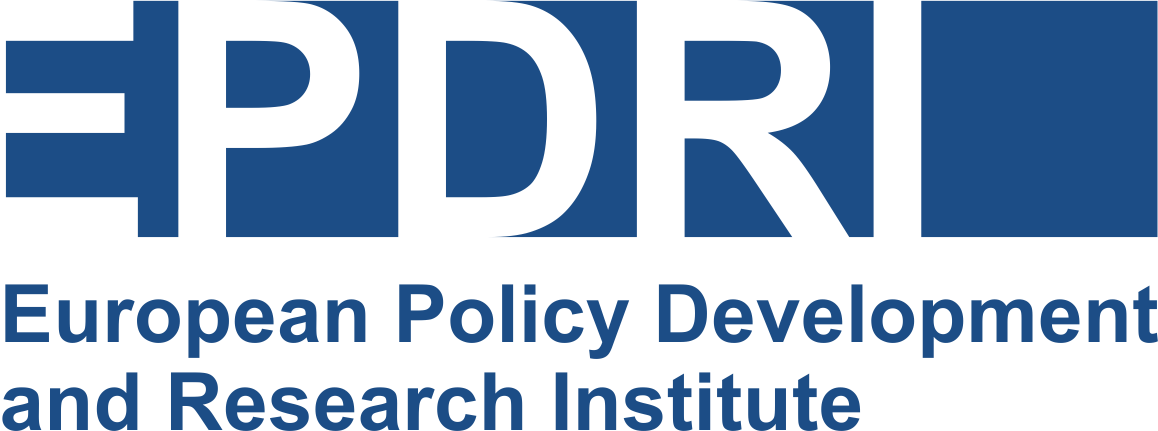 European Policy Development and Research Institute (EPDRI) is a non-profit and multidisciplinary independent organisation which unites international high qualified academic and non-academic individual and collective members with the long-standing expertise. The main strategic focus areas of EPDRI: Educational Development, Regional Development, Good Governance and Reforms, Minorities and Autonomies, Knowledge Communities. One of the aims of EPDRI to advocate a system of higher education that ensures equal educational opportunities, adheres to the principle of quality assurance, promotes international cooperation, supports lifelong learning and meets both the needs of individual and society.
European Policy Development and Research Institute (EPDRI) is a non-profit and multidisciplinary independent organisation which unites international high qualified academic and non-academic individual and collective members with the long-standing expertise. The main strategic focus areas of EPDRI: Educational Development, Regional Development, Good Governance and Reforms, Minorities and Autonomies, Knowledge Communities. One of the aims of EPDRI to advocate a system of higher education that ensures equal educational opportunities, adheres to the principle of quality assurance, promotes international cooperation, supports lifelong learning and meets both the needs of individual and society.
The objective is target mainly on the Eastern Neighbourhood Area and realised through the following specific actions: Internationalisation, Research & Innovation, Quality Assurance, Lifelong Learning, Governance, Autonomy & Finding and Informational & Communication Technologies.
Areas of specific expertise and competence:
- Policy development and research in the main focus areas
-Promotion, coordination, development and evaluation activities in international cooperation.
-Development of education, training, communication and research that are directed to respond to the needs of the social, economic and cultural development.
-Collaboration in the creation and management of teaching, research, development and innovation centers.
-Enhancement of knowledge transfer from the University through advice, encouragement and participation of companies for the use, dissemination and commercialization of knowledge.
-Organization of dissemination activities (scholarships, contests, seminars, courses, conferences, academic meetings etc.).
EPDRI has four employees and numerous freelancers in its members network with specific knowledge related to the culture and creative sector especially related to the relation between the market and the educational institutions

